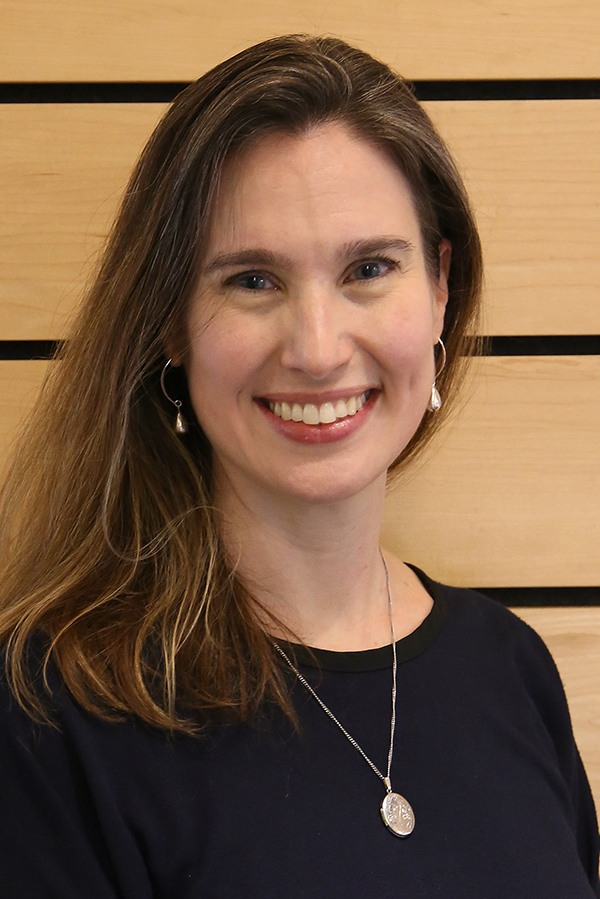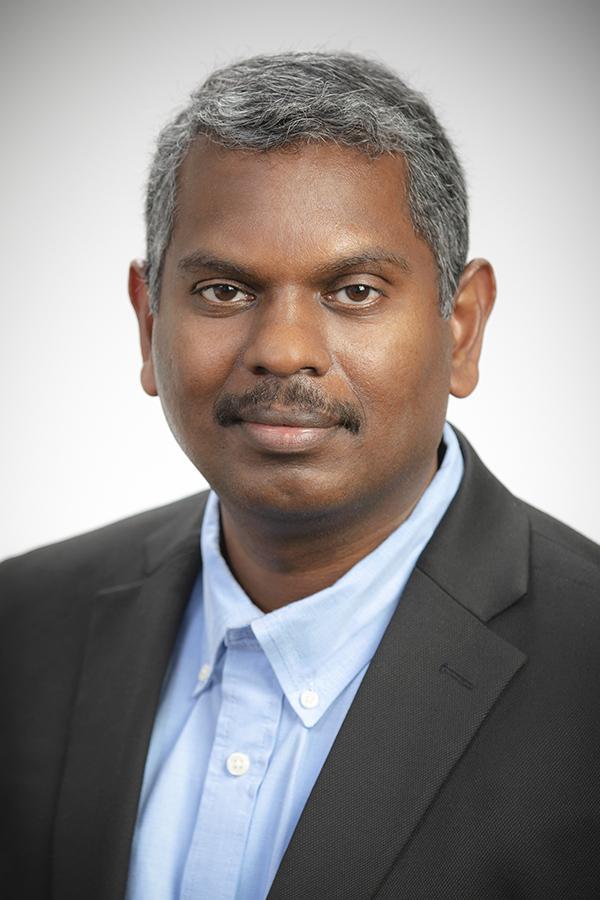Two biomedical engineering faculty members have been appointed to endowed professorships ahead of this academic year.
Melissa Kemp is the new Carol Ann and David D. Flanagan Professor and Lakshmi “Prasad” Dasi is the new Rozelle Vanda Wesley Professor in the Wallace H. Coulter Department of Biomedical Engineering at Georgia Tech and Emory University.
The professorships support eminent teacher-scholars in Coulter BME for a five-year term.
“I’m so delighted and honored to have the support of the Flanagan family for my research program,” said Kemp, who also is a Georgia Cancer Coalition Distinguished Cancer Scholar. “The professorship will provide my research group with the funding flexibility to take bold, intellectual risks in our development of computational tools for cancer precision medicine. We are particularly excited in the upcoming years to investigate the role of metabolism in why individuals respond variably to radiation and chemotherapies.”
Kemp joined the Department in 2006, earning tenure in 2012 and promotion to full professor in 2020. Her research uses computational systems biology to understand how metabolism influences the decisions that cells make. She has produced key insights into the influence of cellular redox processes on chemotherapy drug metabolism.
“Melissa’s models have forced the field of molecular biology to develop new methods for measuring short-lived molecules and protein modifications. She is a leader whose theories have been validated by her colleagues and shifted the paradigm in the field,” said Susan Margulies, Wallace H. Coulter Chair of Coulter BME. “She is an innovative thought leader and an excellent, creative teacher who is more than deserving of this recognition and the resources that come with it.”
Dasi came to Coulter BME in 2020 after establishing his research program at Colorado State University and then Ohio State University. It was a homecoming: Dasi earned his doctorate in the Coulter Department and did postdoctoral work with Regents Professor Emeritus Ajit Yoganathan.
“The Wesley Professorship offers a great opportunity for my lab to pursue bold, high-risk and high-impact cardiovascular translational research projects while accelerating our current trajectory in translational projects, training, outreach, and service activities,” said Dasi, who also serves as the Department’s associate chair for undergraduate studies. “I have had the honor of discussing my research program with the Wesley family, and I am looking forward to engaging them more deeply with the students in our lab.”
Dasi studies prosthetic heart valves, cardiovascular biomechanics, biomaterials, and devices. He also works internationally to develop low-cost heart valves in low-resource countries and has received special funding from the National Institutes of Health and the Indian government for the effort. His team’s patient-specific precision medicine technology is in use in Atlanta’s Piedmont Hospital, with simulations helping patients every week.
“In line with the spirit of the Wesley Professorship, Prasad has demonstrated a strong commitment to professional and community service, and public policy, advocating for the young, underrepresented, and underprivileged,” Margulies said. “His work is highly clinical and translational in nature, and I look forward to how he’ll leverage these resources for his next big ideas.”
Latest BME News
Jo honored for his impact on science and mentorship
The department rises to the top in biomedical engineering programs for undergraduate education.
Commercialization program in Coulter BME announces project teams who will receive support to get their research to market.
Courses in the Wallace H. Coulter Department of Biomedical Engineering are being reformatted to incorporate AI and machine learning so students are prepared for a data-driven biotech sector.
Influenced by her mother's journey in engineering, Sriya Surapaneni hopes to inspire other young women in the field.
Coulter BME Professor Earns Tenure, Eyes Future of Innovation in Health and Medicine
The grant will fund the development of cutting-edge technology that could detect colorectal cancer through a simple breath test
The surgical support device landed Coulter BME its 4th consecutive win for the College of Engineering competition.









